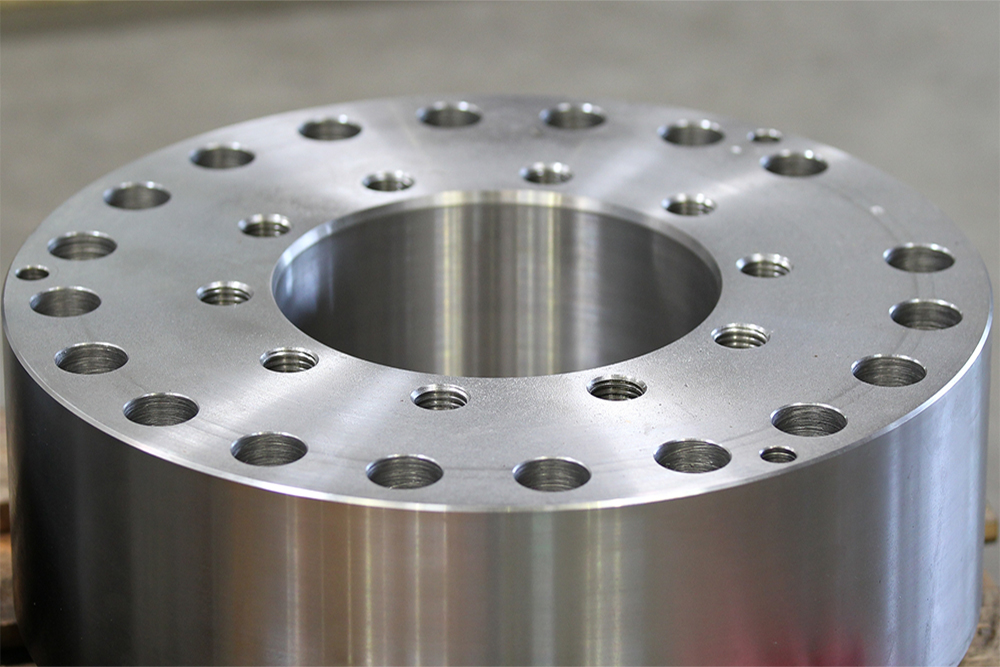Future proof your manufacturing business post COVID-19

Over the last few months we have experienced some of the most disruptive times in modern history. COVID 19 has caused demand, supply and workforce availability to be impacted simultaneously worldwide, leading to unprecedented global effects.
Supply chains are in disarray and we are now facing the consequences of having outsourced so much of our manufacturing activity offshore over the previous decades. The movement to reshore manufacturing continues to gain momentum in the UK and other western economies with the rise in associations like UKMfgUnite – one of the few positives of this crisis. However, reshoring won’t happen instantly so manufacturers need to find strategies to deal with some of the more immediate issues of COVID-19 – those of disrupted supply chains, challenges of obtaining materials and being able to deliver orders on time.
Now is the time for manufacturers to be smart and implement the right changes to future proof themselves and remain competitive at this time. History has shown us that businesses who are resilient and flexible will be in a far better position to take advantage of the opportunities that will arise at the end of this crisis.
Technology will be key to successfully negotiating the next few years
Keeping costs down and operational efficiency high will be critical. Companies will need to adopt new technologies to assist them with this, especially as more manufacturing returns to the UK. For example, increasing automation will help manufacturers to stay competitive, as will embracing Industry 4.0 and IIoT wherever possible. But improvements in the production process will only be effective if the raw materials and components are available when required.
An ERP system will ensure the necessary materials are where they need to be, when they need to be and will be a critical tool in these challenging times. The breadth and depth of information that ERP software provides will help businesses make decisions and take appropriate actions to ensure their survival.
An ERP system will help manage your supply chain
With the disruption to supply chains, it is likely that most manufacturers will need to widen their supplier network going forward to ensure they have a steady flow of materials. An ERP system will make the process of managing these suppliers more efficient and releases employees from repetitive administrative tasks to focus on sourcing key materials as required.
An ERP system connects all departments within a business and this connectivity is key to increasing business efficiency and consequently keeping costs down. With inventory and production schedules linked, an ERP system will calculate what’s needed and when for the purchasing team and will generate and manage quote requests to multiple suppliers.
And improve your scheduling
Operational efficiency on the shop floor is more important than ever. An ERP system will schedule the production of jobs to minimise downtime and meet required delivery dates. With new COVID 19 requirements around safety, hygiene and social distancing adversely affecting manufacturing efficiency, being able to optimise production schedules will be a key part of a company’s ability to be competitive.
ERP provides more opportunities for remote working
Keeping our workforce safe will be a priority in the future. An ERP system will allow front and back office personnel to work remotely, reducing the number of people in the workplace whilst maintaining operational activities. Management will have visibility of every area of the company and can identify and resolve any bottlenecks or incidents in real time.
Become more flexible
We genuinely don’t know what’s ahead so being flexible and able to adapt to changing factors is increasingly important. An ERP system will give you meaningful data from every area of your business and allows you to make fast informed decisions when you need to. If you can respond quickly and cost effectively to changing market requirements, you are already several steps ahead of your competition.
Summary
As we move forward in these uncertain times, all businesses, and especially those involved in manufacturing, will need to operate in the most efficient and streamlined manner possible. ERP will play a major part in improving operational efficiency and keeping costs down, as well as providing a solid base from which a company can grow. Having an ERP system in place will also make it easier to implement other technological solutions, such as automation and IIoT, and future proof your business for years to come.
If you’d like to find out more about how ERP can help you navigate these uncertain times and best position you to grasp the opportunities that will present at the end of this crisis, then please visit our website, give us a call on 0808 109 2035 or drop us an email. We’d be delighted to answer any questions or take you through a short demonstration of E-Max ERP.



